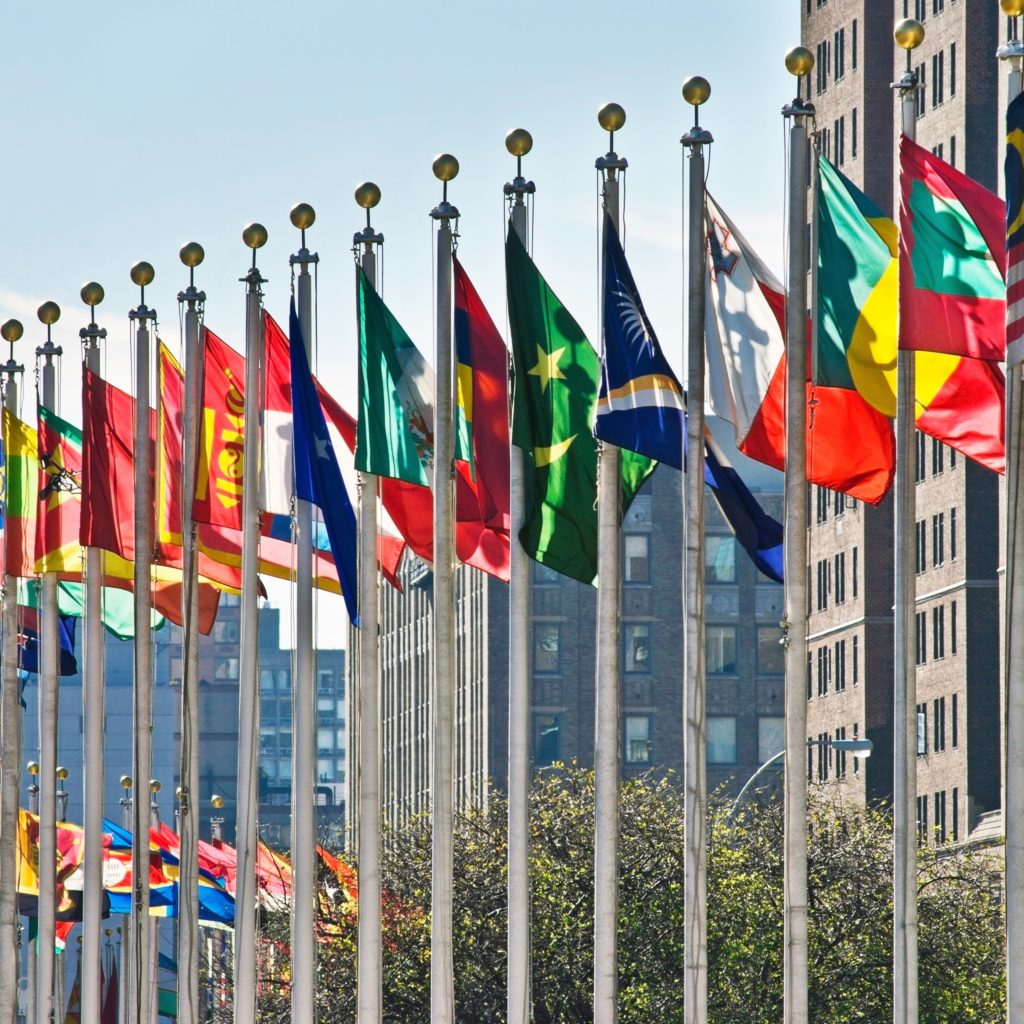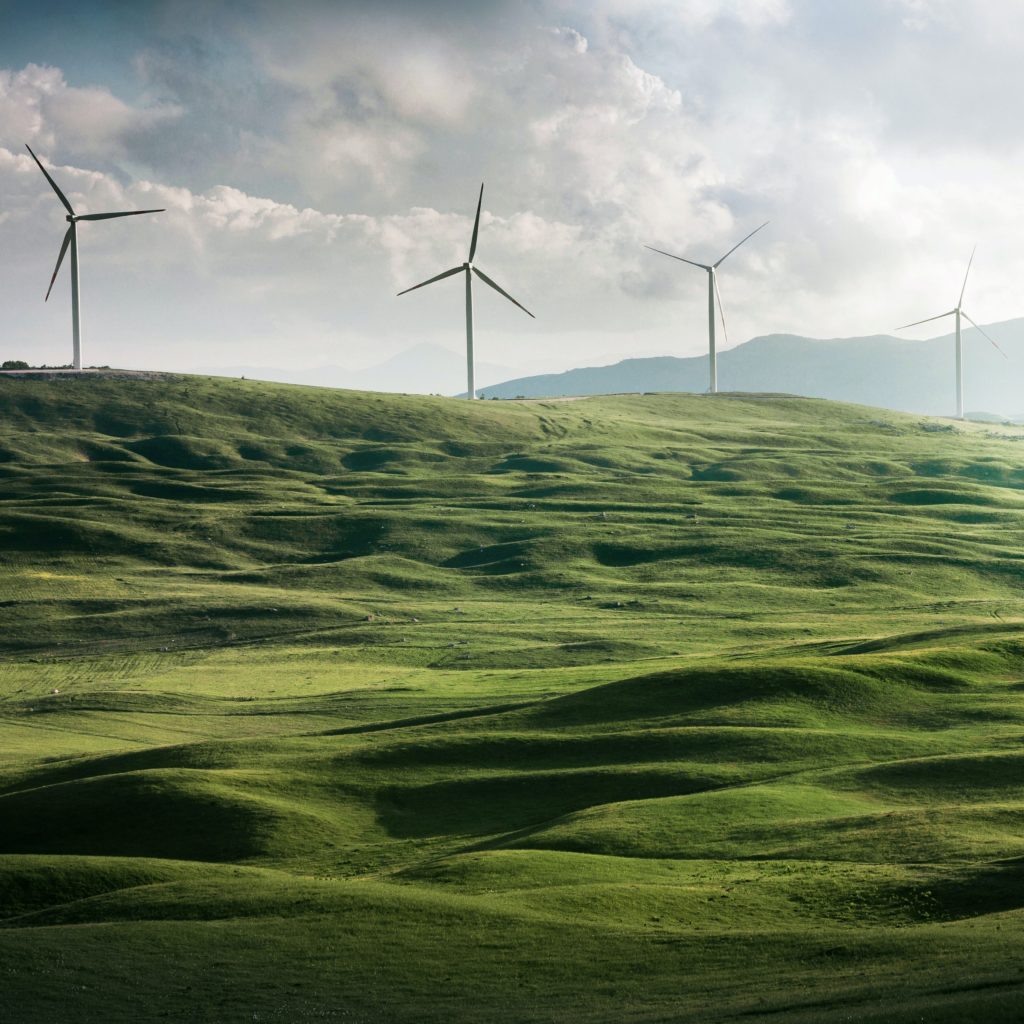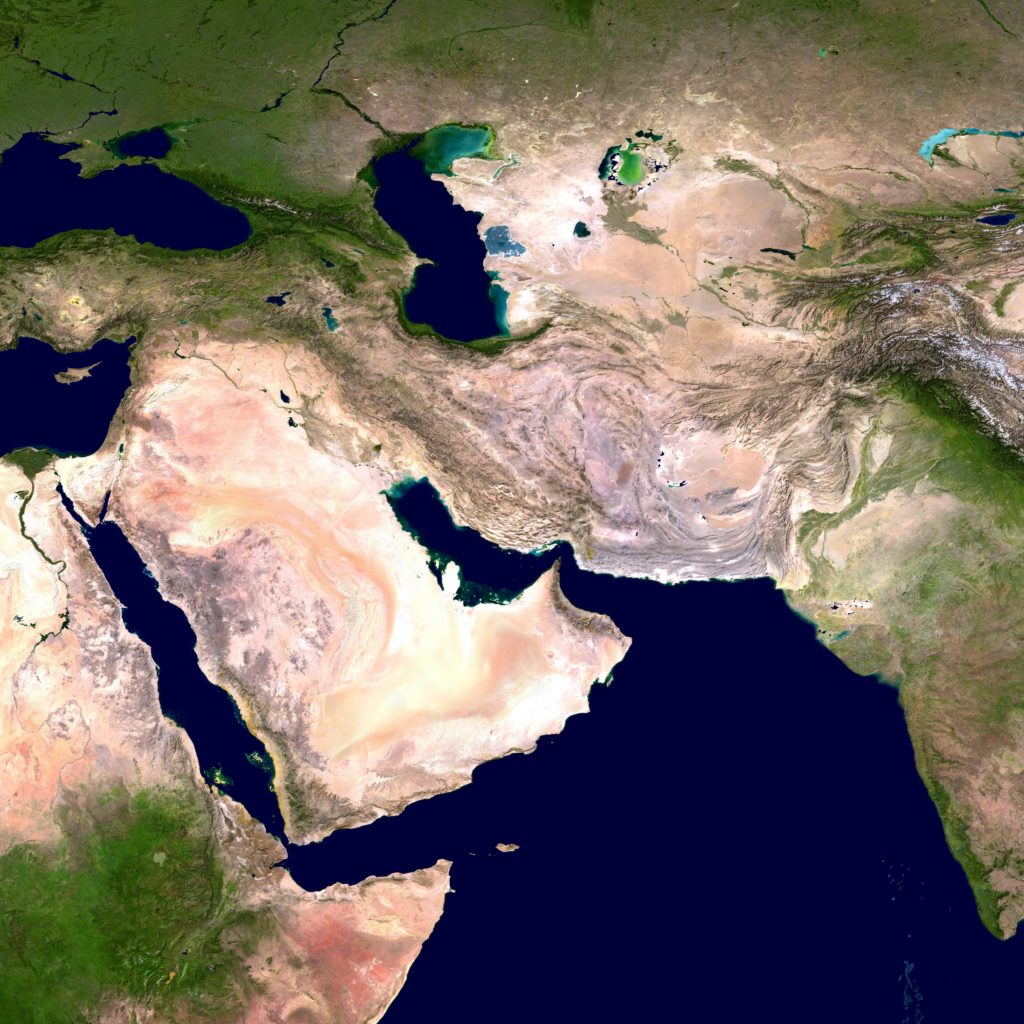A new report reveals the key issues to improving water outcomes globally, as perceived through the eyes of people with national water leadership responsibility.
Launched on Monday 29 November at the XVII World Water Congress of the International Water Resources Association in Daegu, Republic of Korea, the inaugural Global Water Policy Report 2021: Listening to National Water Leaders is the result of a comprehensive survey of Ministers, top officials and other national water leaders in 88 countries.
Among their many messages, they are saying:
- The highest water-related risks their countries face are from climate change and associated pressures on water supplies and worsening floods and droughts.
- The greatest challenges many face are with integration and prioritisation of water issues within governments. Administrative problems of fragmented water institutions are of as much, if not greater, concern than factors such as public resistance to reforms.
- COVID-19 has not much affected the priority of water and sanitation services.
- Sustainable Development Goals on water are ‘challenging’ or ‘impossible’ for many, with governance problems and lack of financing the main reasons for this.
- While groundwater is considered by many national water leaders to be essential to their country’s future water supply, far fewer consider their groundwater is being used sustainably.
The Global Water Policy Report 2021 is based on the experiences and perspectives of people who have responsibility for achieving ‘sustainable water for all’ in their countries across all regions, with a combined population of over 6 billion people – 75 percent of the world’s population.
At the report’s launch, project team chair Mr Tom Soo thanked Ministers, top officials and other national water leaders for sharing their experiences and perspectives.
“Water Policy Group deeply appreciates the time you have contributed to this project, and through that your commitment to better water outcomes everywhere,” Mr Soo said.
The Global Water Policy Report 2021 was prepared by the Water Policy Group in partnership with the University of New South Wales Sydney Global Water Institute.
Media enquiries: Trish Dalby | p.dalby@unsw.edu.au





